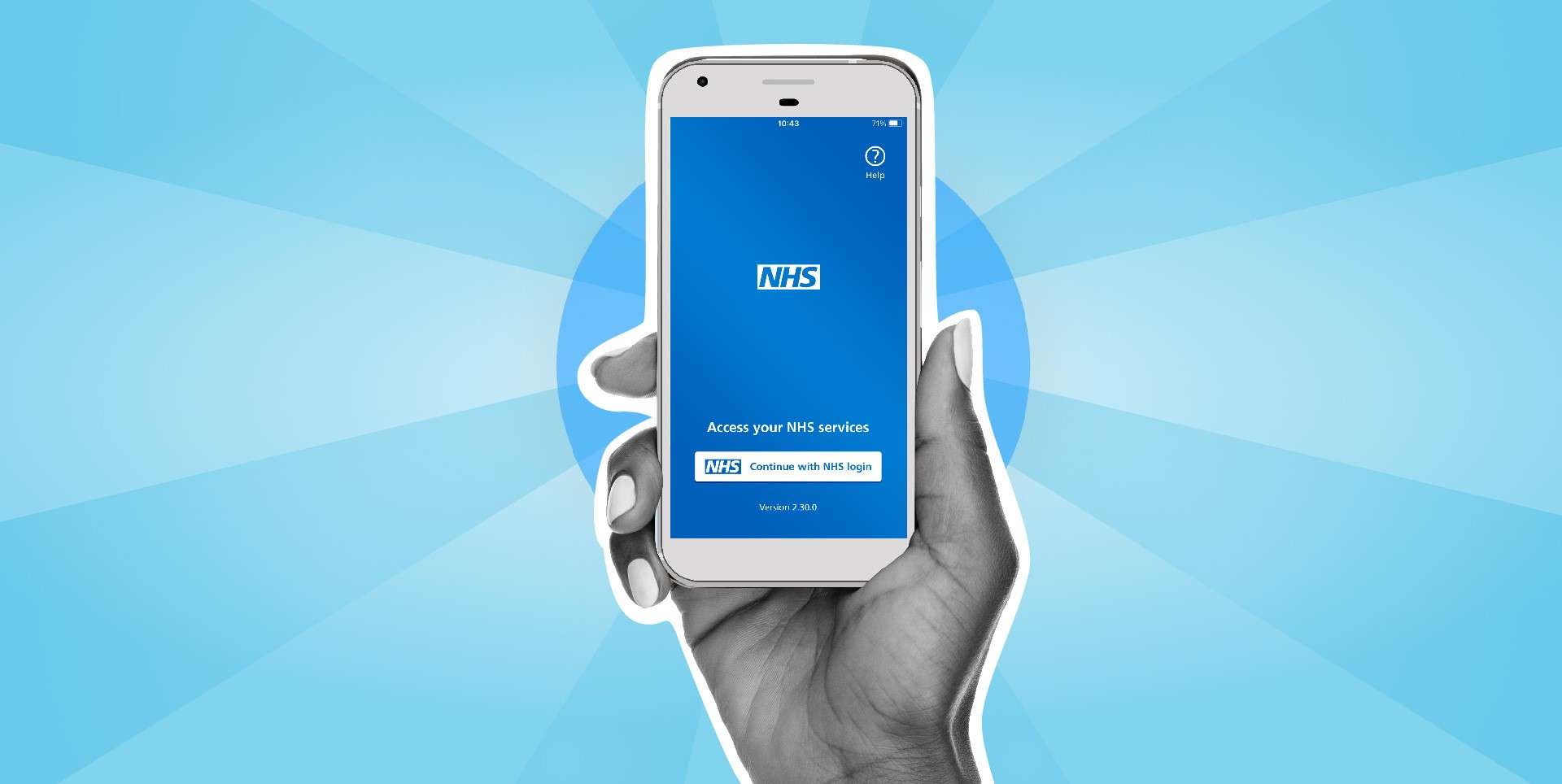Tool will run on a trial basis for a year
Credit: councilcle/Pixabay
The Scottish Parliament will next week begin a year-long trial of a social media monitoring tool to track online threats against members – six of whom have already signed up to use the service.
Following the murder of Conservative MP Sir David Amess in 2021, the Scottish Parliament Corporate Body (SPCB) began a review of the personal security provision for MSPs and staff. The review identified immediate actions and also longer-term projects, one being a trial service to manage online threats against MSPs.
MSPs were sent an email informing them that the opt-in service will commence on 12 June and will be delivered by the former parliament police unit inspector, who has been recruited to the parliament security office on a two-year appointment as an information security analyst.
The service, which will only track threats against members that have opted in, will operate by searching for threatening and abusive language across open-source data available on social media platforms and will aim to provide early notice to participating members of potential online threats towards them. The service will work with partner organisations, including Police Scotland, to offer tailored advice and support to affected members.
Related content
- The coronavirus ‘infodemic’: truth and conspiracy online
- Government urged to bring in emergency legislation to combat vaccine disinformation
- ‘Not appropriate’ to comment on volume of disinformation flagged by government unit, minister says
The parliament hopes to have 20 members trial the new service and has six who have already opted in ahead of its launch next week.
A Scottish Parliament spokesperson said: “The SPCB is acutely aware of the rising level of online abuse and intimidation towards elected representatives. This pilot service will help us to escalate potentially criminal matters to Police Scotland. It will also highlight other in-house sources of support to help MSPs and their staff stay safe online.”
In recent years the UK government has also taken steps to monitor threats against government representatives. In December 2021, PublicTechnology exclusively revealed that the Department of Health and Social Care spent £700,000 on a software platform intended to detect and report online death threats made against “named high-profile individuals involved in the Covid-19 vaccine rollout”.
The individuals in question were not specified, but the tool was implemented made following numerous reports of violent social-media threats against ministers and senior officials – including Patrick Vallance and Chris Whitty, government’s most prominent medical expert advisers duing the pandemic. A man was also convicted of assaulting Whitty in a central London park in summer 2021.




